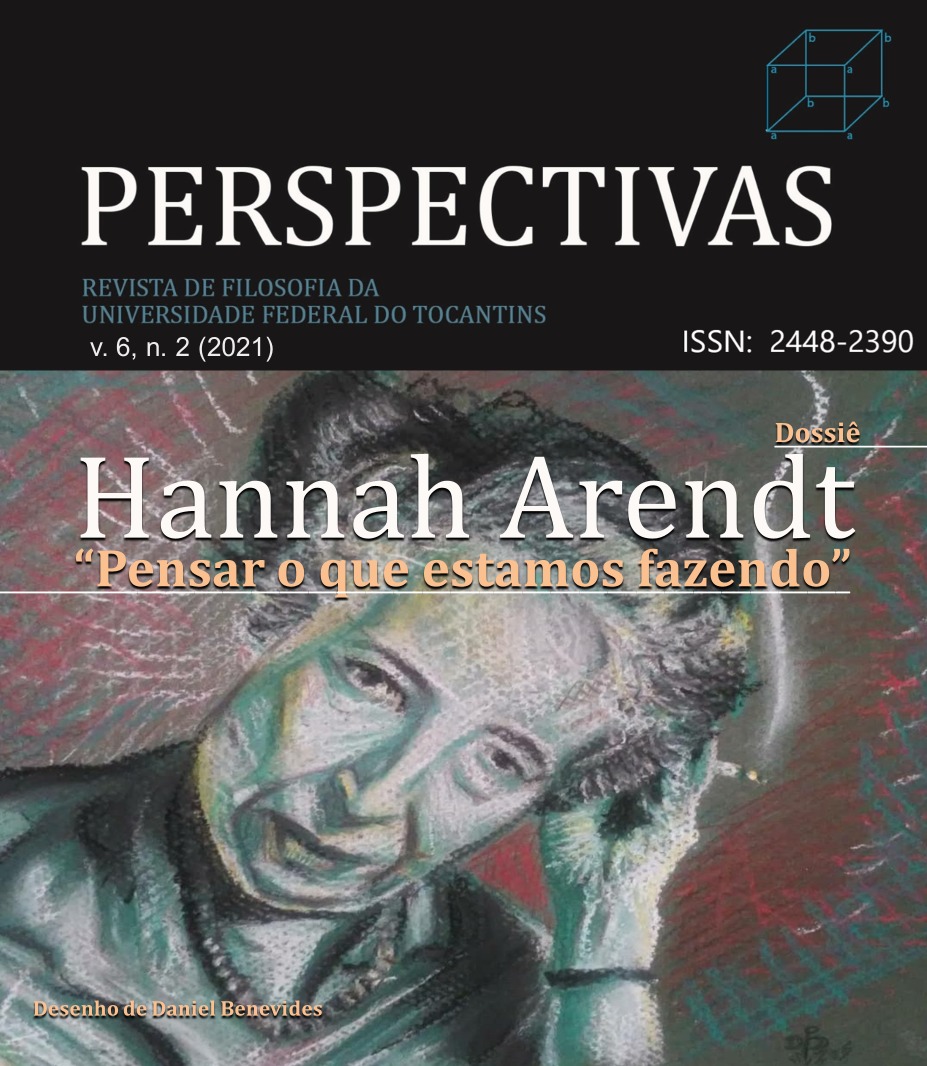The He, the K.’s, the man of good will
Arendt, reader of Kafka
DOI:
https://doi.org/10.20873/rpv6n2-12Abstract
This article analyze Hannah Arendt’s reading of Franz Kafka’s texts, which will be done from the preface to Between the past and future, from the essays Franz Kafka: a revaluation and The Jew as Pariah: A Hidden Tradition, in addition to the Kafkaesque narratives Description of a struggle, The Process, The Castle and the parable He, identifying both what binds them and the wasting of the human portrayed by the writer. As the absurdity that covers the scenario described by Kafka is perceived by Arendt as an omen of the horrors practiced by totalitarian regimes, our hypothesis is that discussing the author's reading of Kafka’s texts helps to understand the disastrous consequences that social relations can entail and the disfigurement fostered by bureaucracy as an organizational apparatus and form of government that normalizes routine procedures, administrative massacres, cadaveric obedience and endless processes based on superior legislation, used as a means of managing uprooted individuals, indistinguishable and massive.
Downloads
Published
How to Cite
Issue
Section
License
The Magazine is under the Creative Commons Attribution 4.0 International Public License (CC BY 4.0), according to which:
1) The authors retain the copyright and grant the journal the right of first publication, with the work simultaneously licensed under the Creative Commons Attribution which allows the sharing of articles published with the recognition of authorship and initial publication in this journal.
2) Authors are authorized to enter into additional contracts separately for distribution of the version of the work published in this journal, as long as there is recognition of authorship and initial publication in Perspectivas.
3) Authors are authorized and encouraged to disseminate published texts with proper references to the journal and its authors.





















